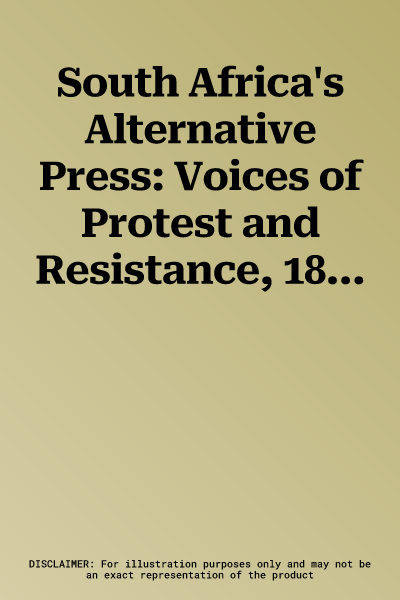South Africa's Alternative Press: Voices of Protest and Resistance, 1880-1960Hardcover, 13 February 1997

Temporarily out of stock
Free Delivery
Cash on Delivery
15 Days
Free Returns
Secure Checkout

Part of Series
Cambridge Studies in the History of Mass Communication
Part of Series
Cambridge Studies in the History of Mass Communications
Part of Series
Cambridge Texts in Applied Mathematics
Print Length
416 pages
Language
English
Publisher
Cambridge University Press
Date Published
13 Feb 1997
ISBN-10
0521553512
ISBN-13
9780521553513
Description
Product Details
Book Format:
Hardcover
Date Published:
13 February 1997
Dimensions:
22.81 x
15.19 x
3.3 cm
ISBN-10:
0521553512
ISBN-13:
9780521553513
Language:
English
Location:
New York
Pages:
416
Publisher:
Series:
Weight:
743.89 gm